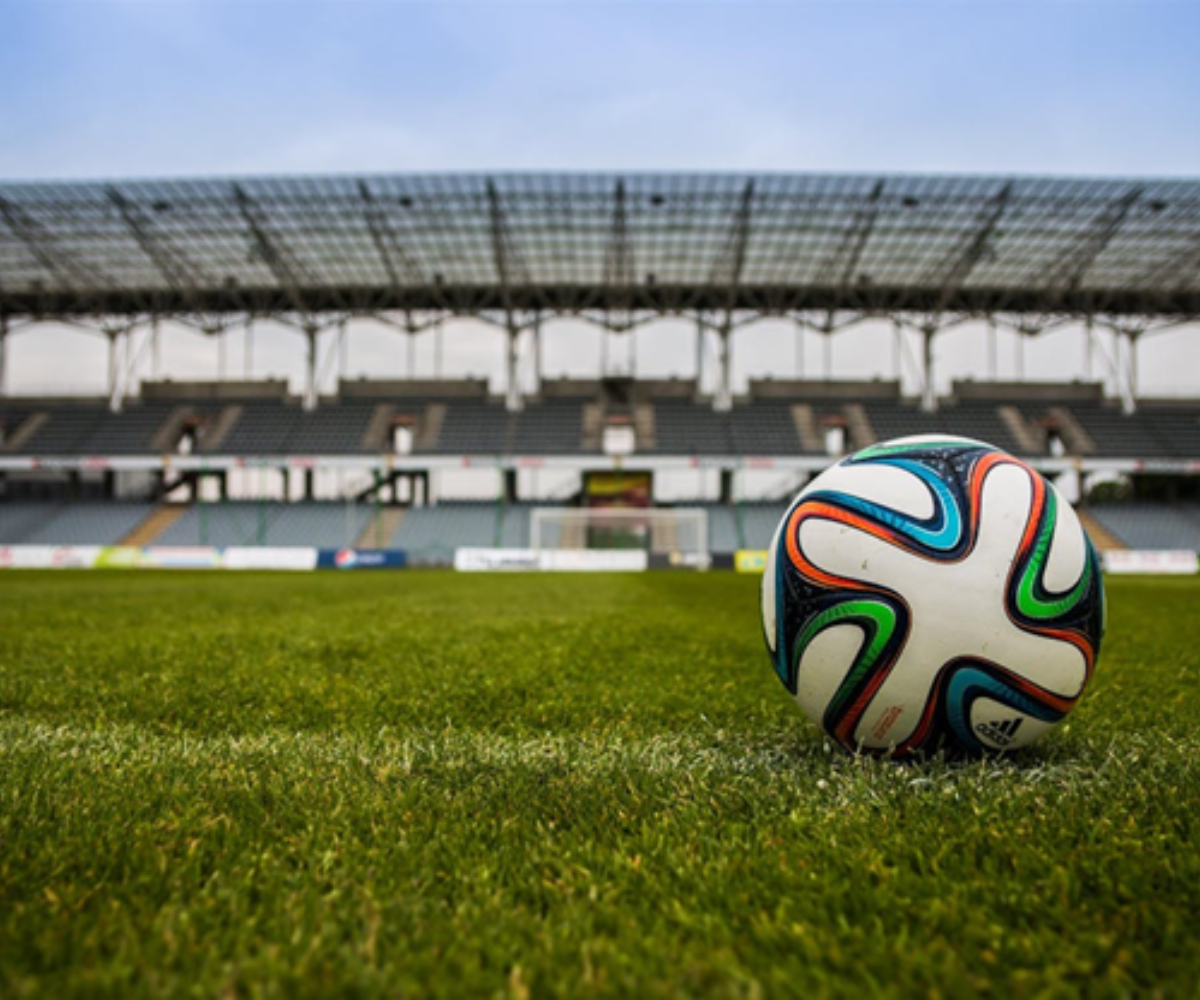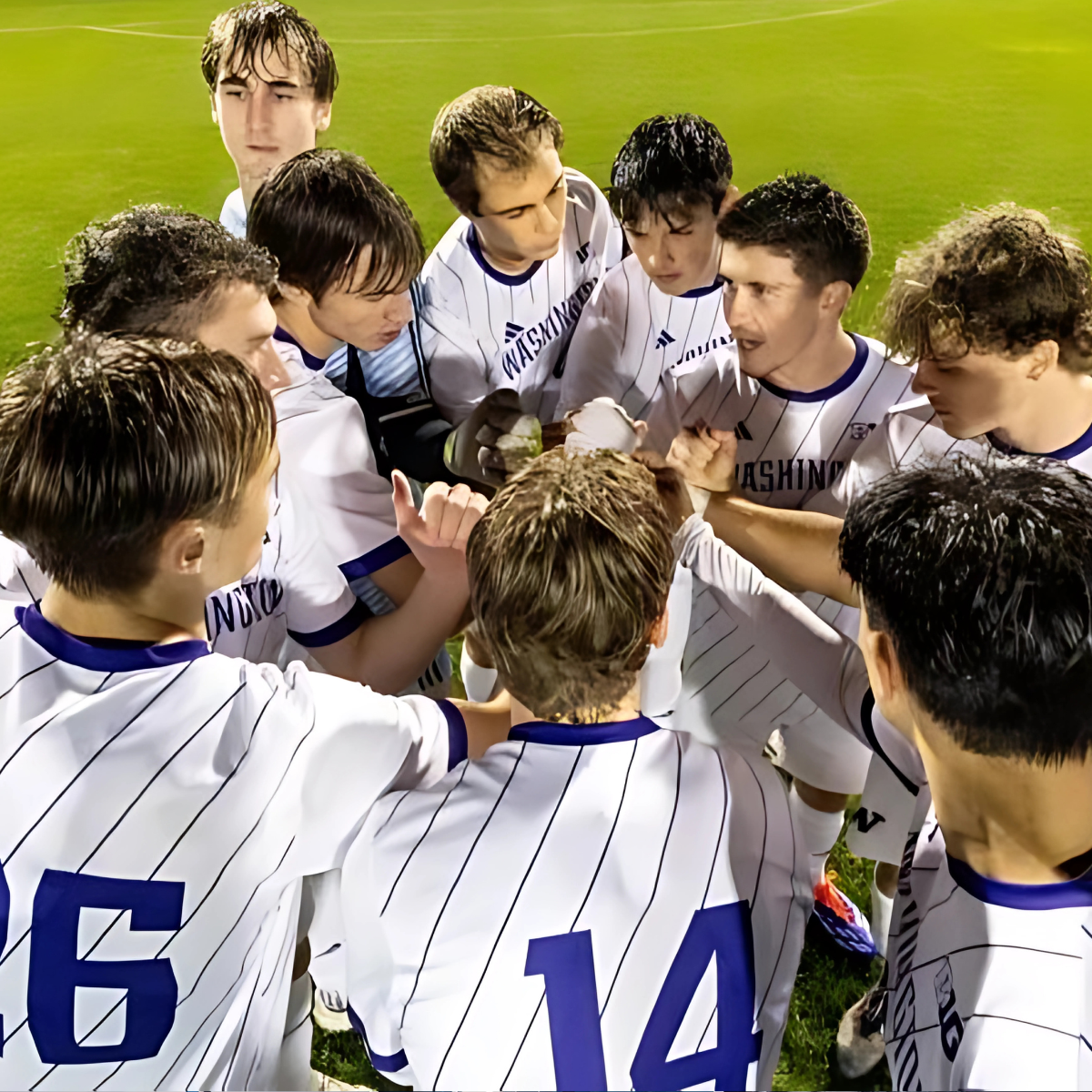What is Decision Fatigue and How Can Athletes Manage It During Competitions?
Decision fatigue is a psychological phenomenon that occurs when an individual’s ability to make decisions deteriorates after a prolonged period of decision-making. As athletes face numerous choices throughout their training and competition, they can experience mental exhaustion that impacts their performance. Understanding decision fatigue and implementing strategies to manage it can help athletes maintain optimal performance levels during critical moments.
Understanding Decision Fatigue
Decision fatigue manifests when the brain becomes overwhelmed by the sheer number of decisions it must process, leading to impaired judgment and decreased decision-making quality. This phenomenon can result in several behaviors, including:
- Procrastination: Delaying decisions or avoiding making them altogether.
- Impulsivity: Making hasty or poorly thought-out choices.
- Avoidance: Steering clear of decisions that require significant cognitive effort.
- Indecision: Struggling to choose between options, often leading to inaction.
These behaviors can be particularly detrimental in competitive sports, where quick and effective decision-making is crucial for success.
Causes of Decision Fatigue in Athletes
Several factors contribute to decision fatigue among athletes:
- Multiple Choices: Athletes often face numerous decisions during training and competitions, such as strategy adjustments, play selections, or responses to opponents' actions. The cumulative effect of these choices can lead to mental exhaustion.
- High-Stakes Situations: The pressure of competition can amplify the cognitive load associated with decision-making. Athletes may feel heightened stress when making critical choices that could impact the outcome of a game or event.
- Routine Decisions: Even seemingly minor decisions, such as what to eat before a competition or which warm-up routine to follow, can contribute to decision fatigue when made repeatedly over time.
- Emotional Factors: Stress, anxiety, and emotional turmoil can further drain an athlete's mental resources, exacerbating the effects of decision fatigue.
Read: How does the concept of implicit bias affect judging in subjective sports?
Managing Decision Fatigue During Competitions
To optimize performance and mitigate the effects of decision fatigue, athletes can adopt several strategies:
- Simplify Choices: Reducing the number of decisions required before competitions can help conserve mental energy. Athletes might establish routines for pre-competition meals, clothing choices, and warm-up sequences to minimize decision-making on the day of the event.
- Prioritize Important Decisions: Athletes should focus on making critical decisions early in the day when their mental energy is highest. This approach allows them to allocate cognitive resources effectively and avoid decision overload later on.
- Practice Mindfulness: Engaging in mindfulness techniques can help athletes stay present and focused during competitions. Mindfulness practices reduce anxiety and enhance clarity of thought, enabling better decision-making under pressure.
- Develop Clear Game Plans: Having a well-defined strategy for competitions reduces the need for on-the-fly decision-making. Coaches should work with athletes to create clear plans that outline roles, strategies, and contingencies for various scenarios during the competition.
- Use Visualization Techniques: Mental imagery allows athletes to rehearse potential scenarios they may encounter during competition. By visualizing their responses to different situations, athletes can reduce uncertainty and enhance their confidence in decision-making.
- Seek Support from Coaches: Athletes should communicate openly with coaches about their thought processes and any uncertainties they may have regarding decisions during competitions. Coaches can provide guidance and reassurance that helps alleviate cognitive load.
- Take Breaks When Possible: Utilizing downtime during competitions (e.g., timeouts or breaks) for mental resets can help athletes recharge their cognitive resources. Brief moments of relaxation allow them to clear their minds and prepare for subsequent decisions.
Decision fatigue poses a significant challenge for athletes by impairing their ability to make effective choices during training and competition. By understanding the causes and symptoms of decision fatigue and implementing strategies such as simplifying choices, prioritizing important decisions, practicing mindfulness, developing clear game plans, using visualization techniques, seeking support from coaches, and taking breaks when possible, athletes can optimize their performance even under high-pressure situations. Managing decision fatigue not only enhances athletic performance but also contributes to overall mental well-being in competitive environments.
Read: What is the psychology of comebacks and how can athletes master it?







%20(1200%20%C3%97%20232%20px)%20(9).png)









.png)

